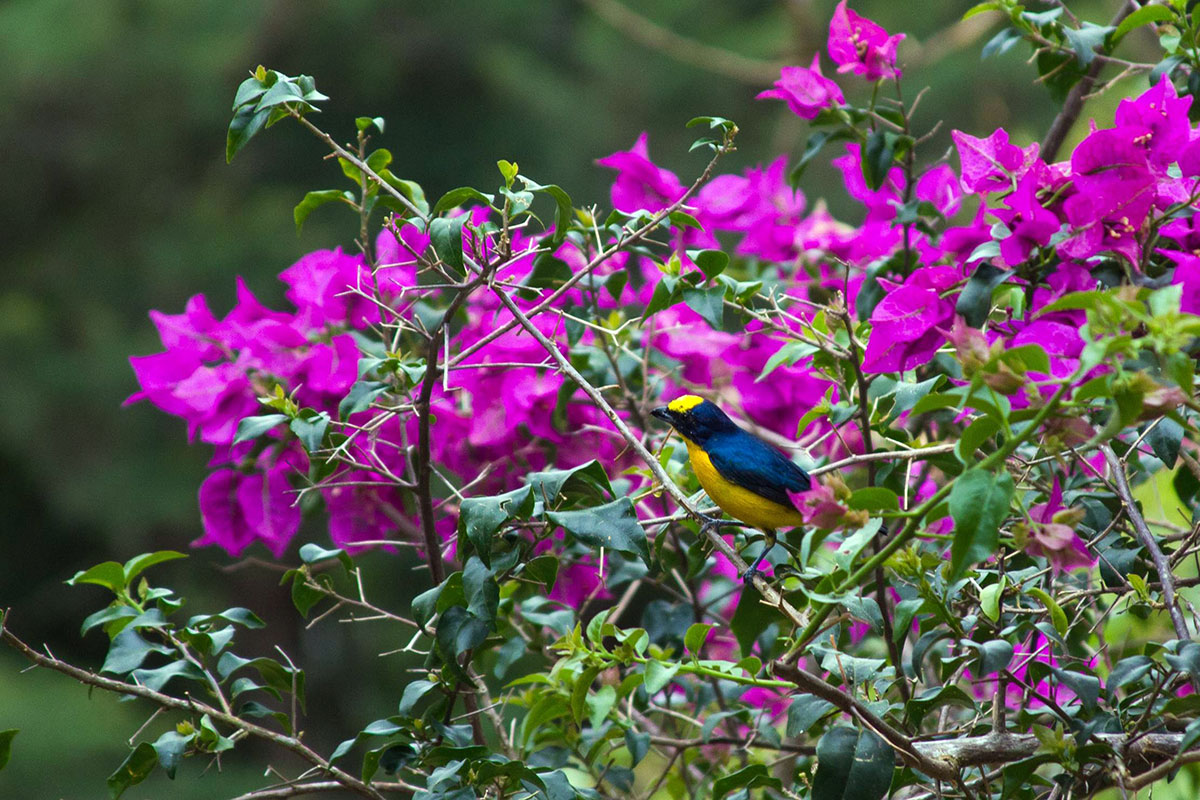Our planet is at a crossroads. The challenges we face are urgent and monumental, but they also present an incredible opportunity for positive change.
The Smithsonian is a partner in the Forest Global Earth Observatory (ForestGEO), a global network of scientists who study the impacts of climate change on biodiversity and forest function.
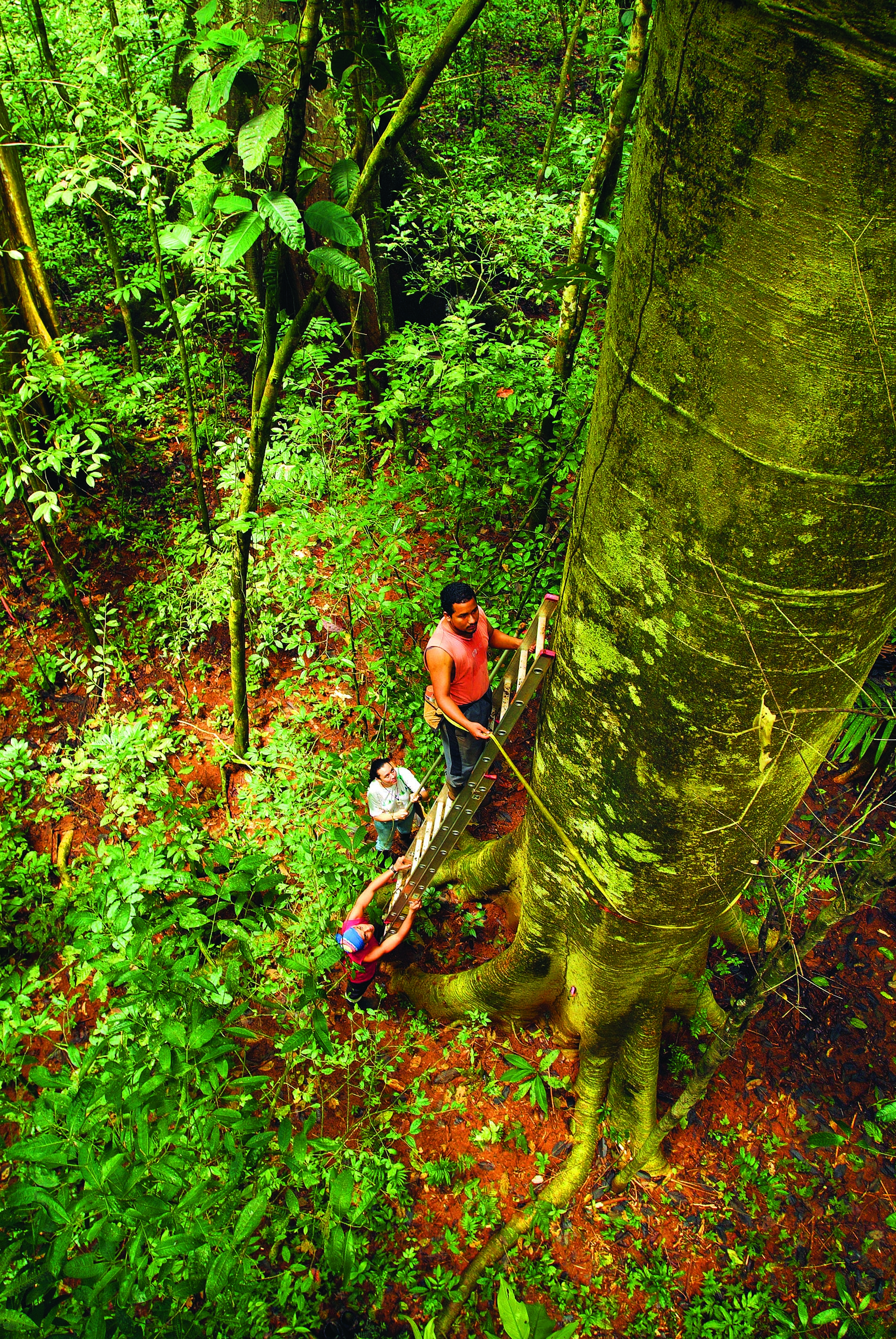
Smithsonian scientists and our global partners work across disciplines—ecology, marine biology, astronomy and more—to discover solutions for today’s realities.
A Smithsonian Environmental Research Center scientist takes notes on a living seawall in San Francisco.
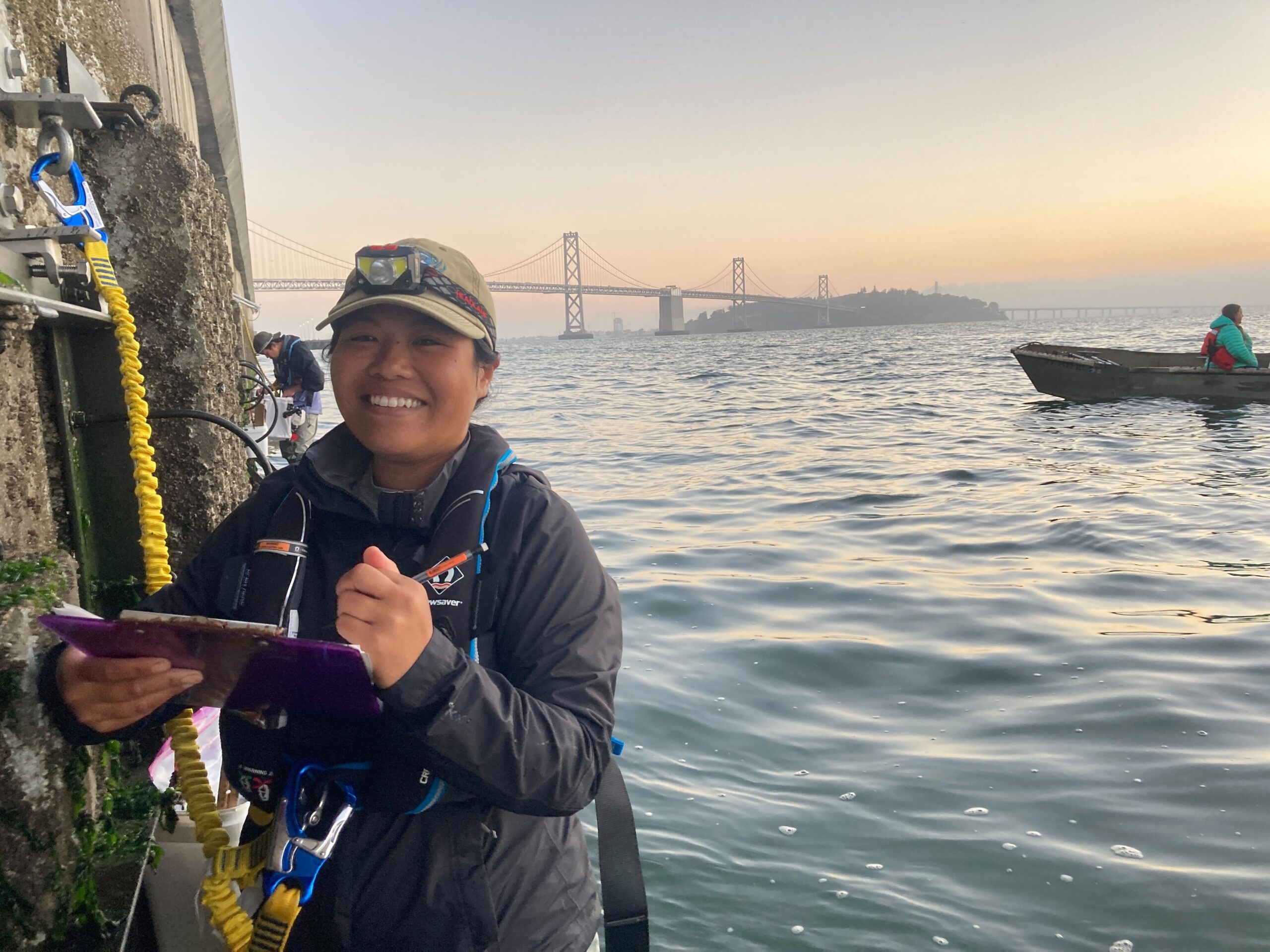
Our research helps save species and protects biodiversity.
Smithsonian’s National Zoo and Conservation Biology Institute welcomes two new giant pandas in 2024.
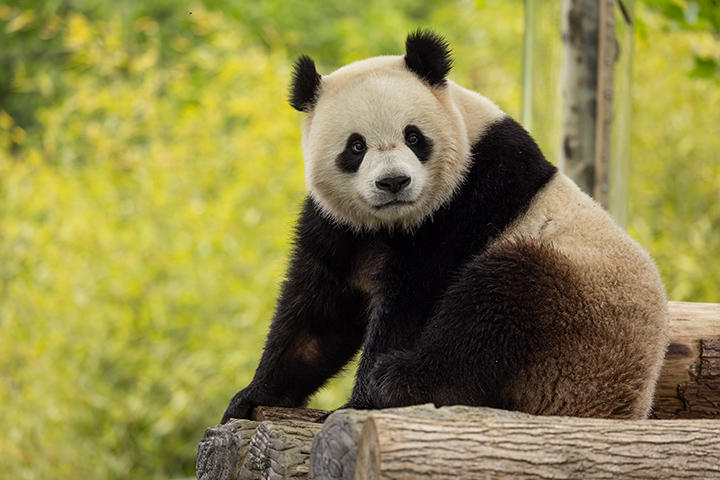
Our vast scientific collections, digital experiences and museum exhibitions help the public understand science in new ways.
A 2024 Smithsonian Gardens exhibition on orchids explored challenges facing wild orchids today, including climate change.
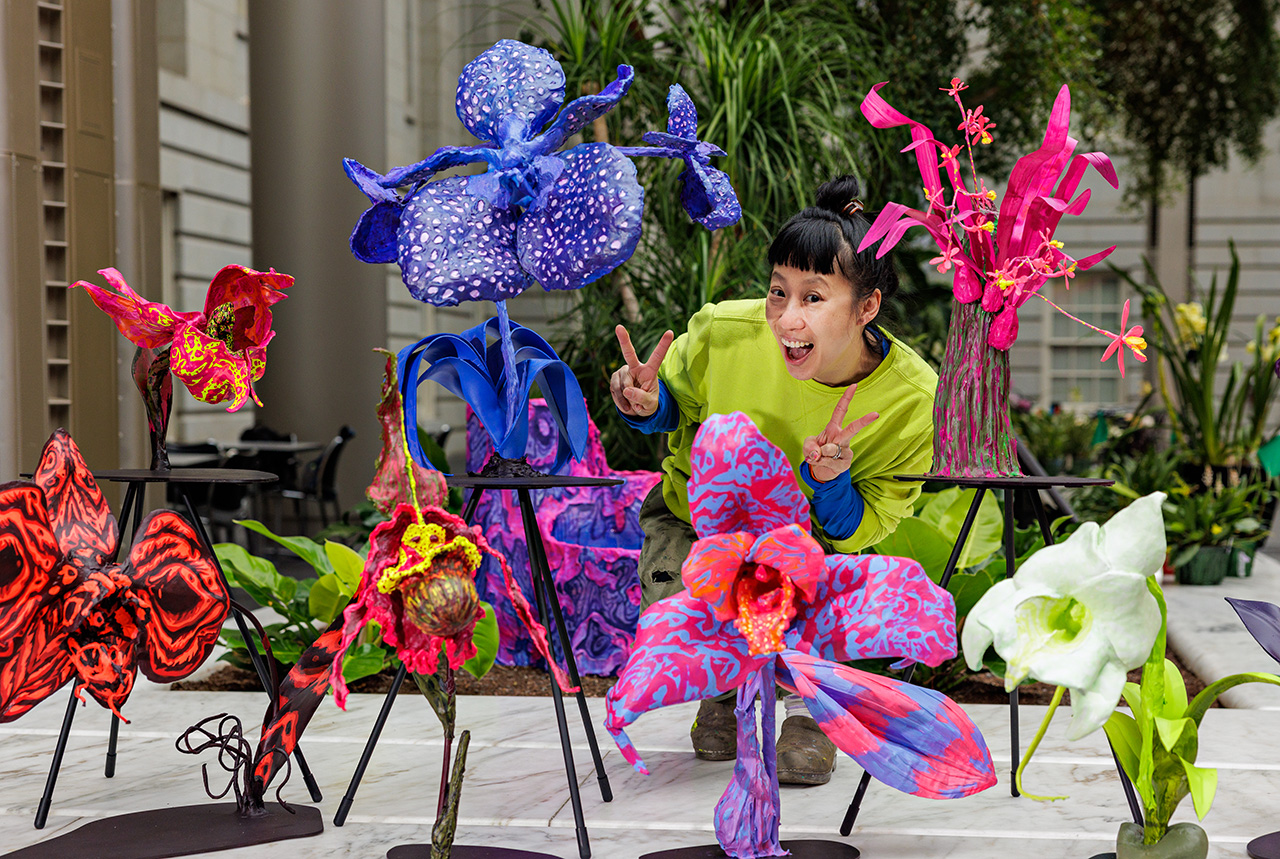
Our exploration of space seeks to answer unsolved questions about the nature of the universe.
In 2019, scientists at the Center for Astrophysics | Harvard & Smithsonian captured the first-ever image of a black hole.
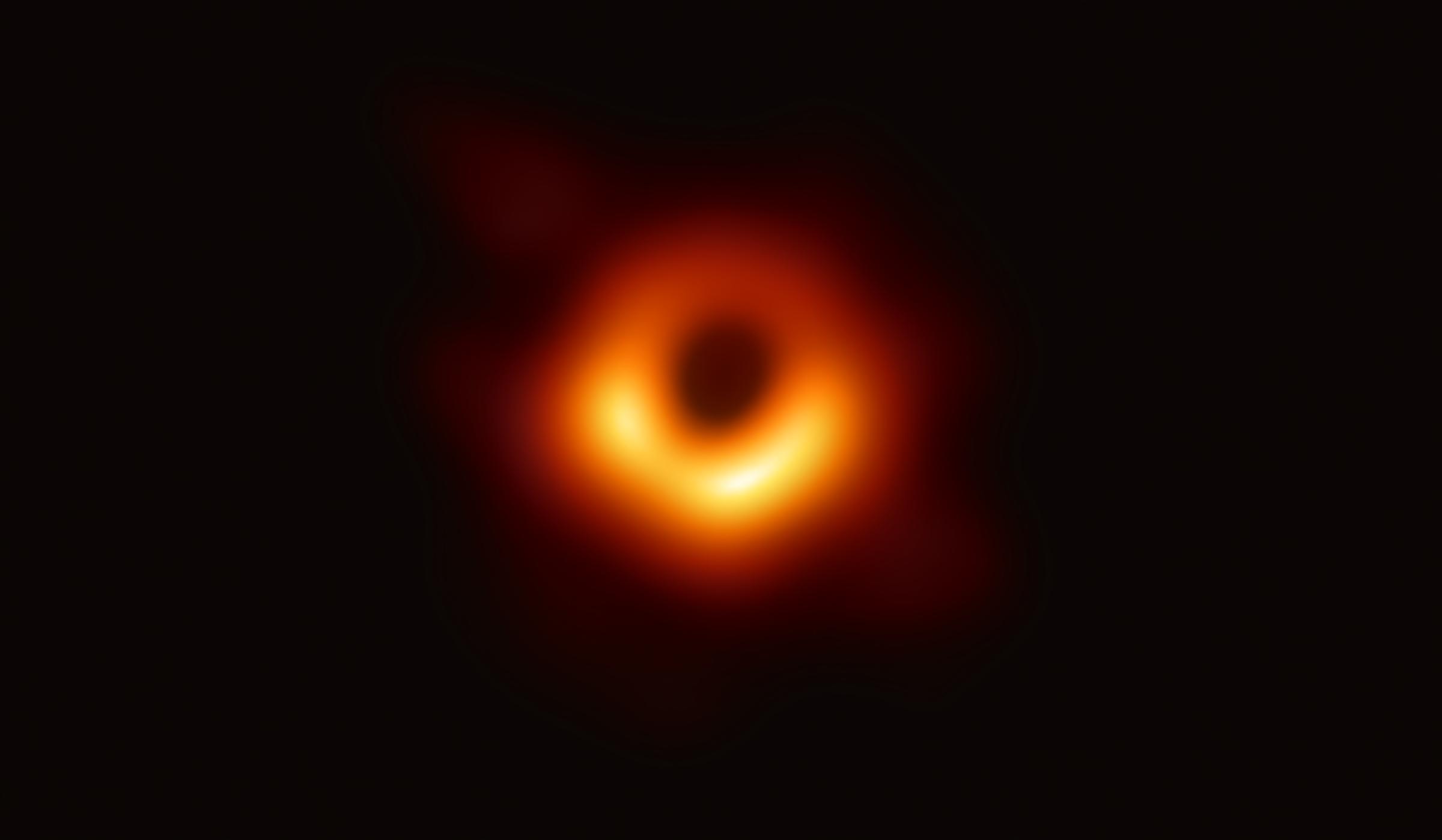
Our art collections broaden perspectives through works addressing humanity’s impact on the planet.
Maya Lin, Folding the Chesapeake, 2015, Smithsonian American Art Museum, Gift of Debbie Frank Petersen © 2015 Maya Lin
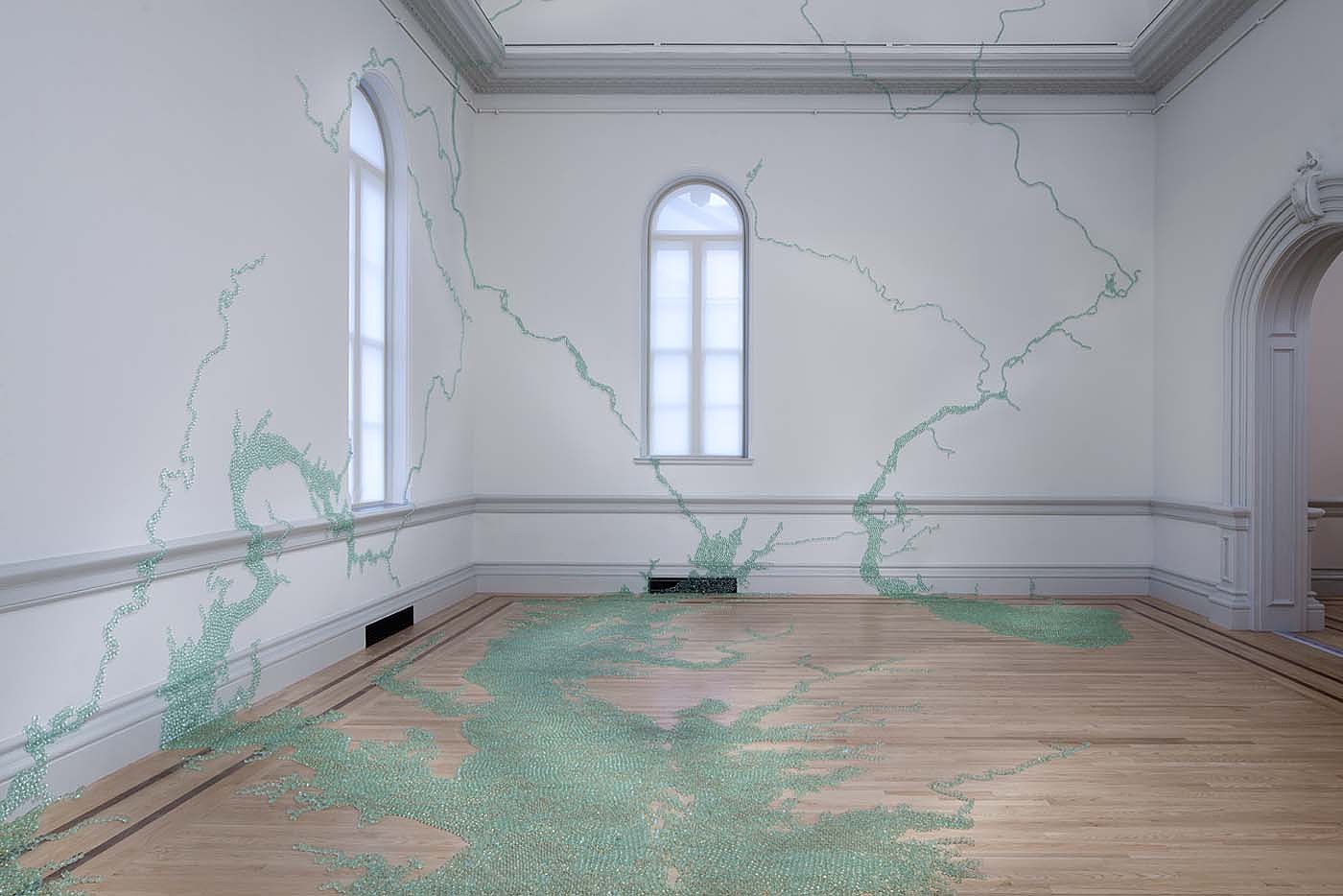
Together with communities, we will work to become resilient to climate change and inspire wonder in the world around us.
Scientists at the Smithsonian Tropical Research Institute—based in Panama—study the fate of coral reefs in a rapidly changing world.
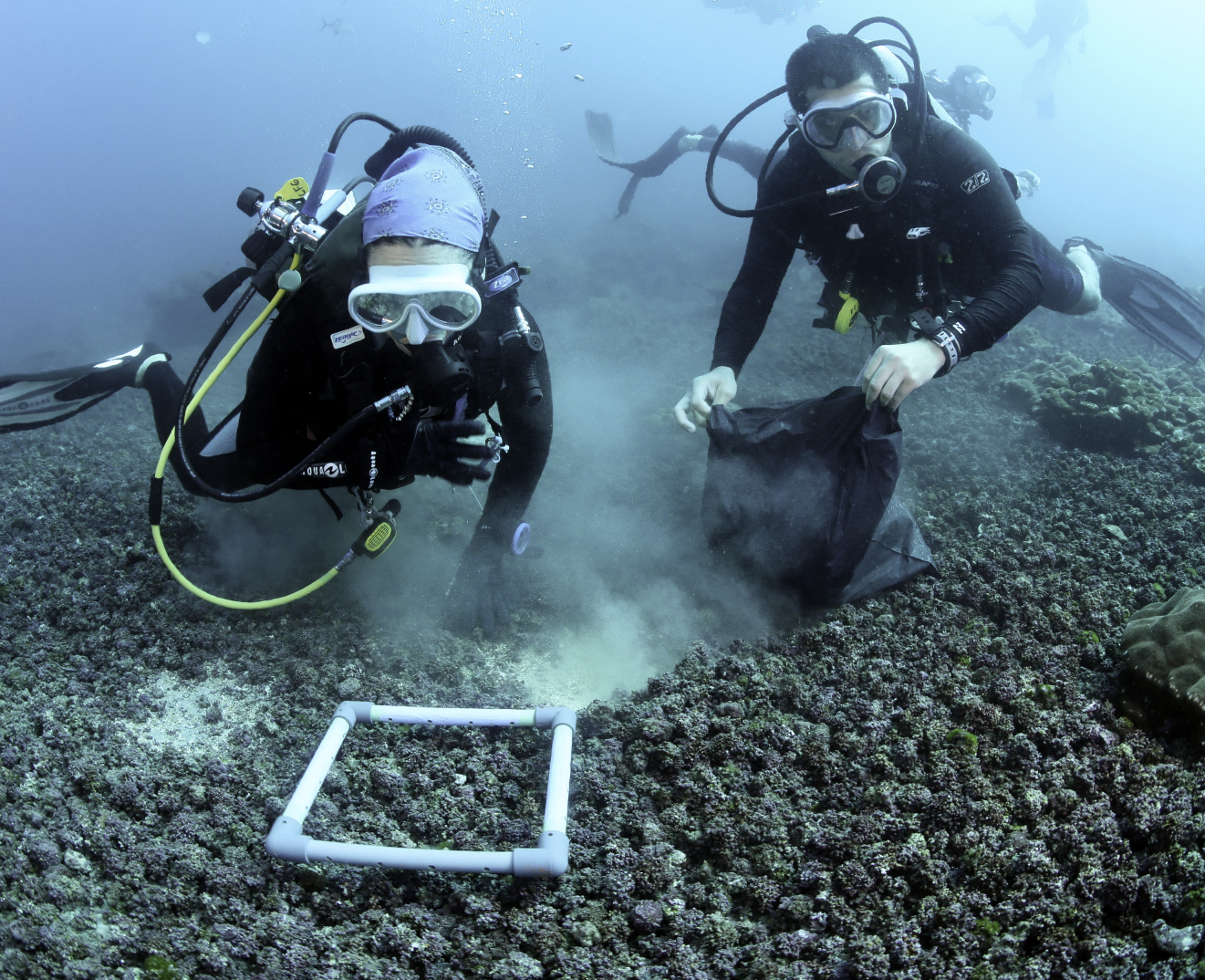
We will partner with the public to build a sustainable future for all.
Scientists at the Smithsonian Environmental Research Center study issues affecting coastal ecosystems, including water quality, land use and invasive species.
Our vision is a new era where people and nature co-exist in harmony.
The Smithsonian’s National Zoo and Conservation Biology Institute offers bird-friendly coffee certification to preserve critical habitat for birds.
